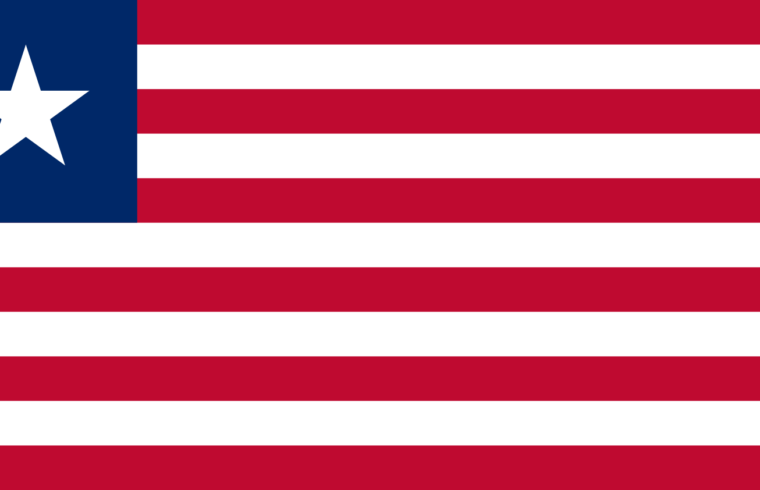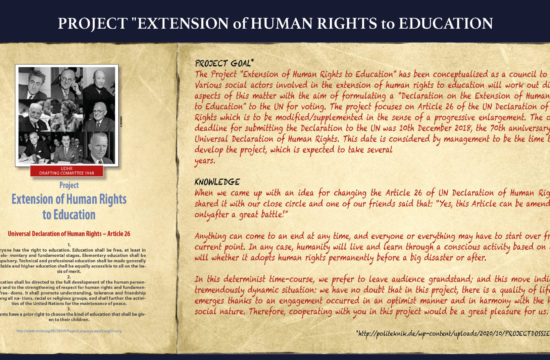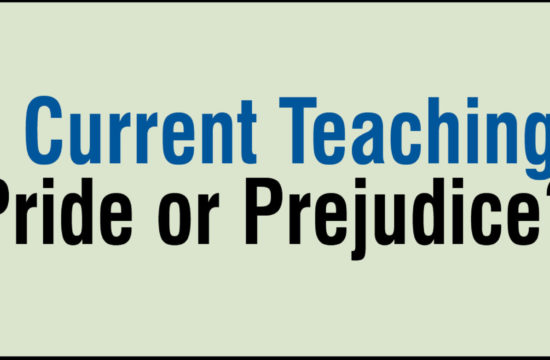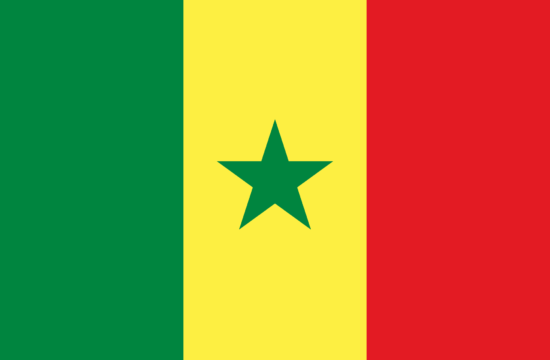Consortium of Education Defenders of Liberia (COEDEL) – LIBERIA
The New Lexicon Webster’s Dictionary of the English Language defines education as instruction or training by which people (generally young) learn to develop and use their mental, moral and physical powers.
Quality of education, especially Public education is very low in Liberia. The cost of education is relatively low as compare to other countries in the world but the economic and social conditions are depriving a lot of children from going to school. Access to education is optional which contravenes the Liberian Education Law which was reformed in 2011. Access to public education at the primary and second levels by very poor children is yet to be realized. The Government lacks the political will to enforce chapter 4 of the education law of the country.
Chapter 6 of the Liberian Constitution obligates the Government of Liberia to provide public education. Before the 14 years of carnage in Liberia, public education was somewhat comparative to private education especially the education provided by faith-based institutions. Eleven years after the end of the civil conflict in Liberia, the Government of Liberia in 2016 began the outsourcing of public education to “For-Profit” companies with the higher bidder being Bridge International Academies. The current Government of Liberia is continuing the outsourcing of almost all the primary schools which further undermines the quality of public education. Standard time for one to acquire basic education in Liberia is 12 years.
The former and current Governments of Liberia have grossly ignored legal instruments that make education a human rights issue. The Liberian Government has failed to adhere to provisions in its Education Law, Chapter 17 of the African Charter on People’s and Human Rights and Chapter 26 of the Universal Declaration of Human Rights.
The Consortium of Education Defenders of Liberia (COEDEL) led by the National Teachers Association of Liberia is leading a campaign to abolish the commercialization and privatization of public education in Liberia. In spite of the many intimidations, COEDEL and its partners will continue to advocate for an end to the violation of the basic rights of Liberian Children.
According to a UNICEF Liberia 2018 research report titled: “The situation for children in Liberia ,more than 2 million children under the age of 18 live in Liberia. Their journey to adulthood is not an easy one” Liberia’s education system lags behind most countries, in both access and quality. The country has many out-of-school children. Of the 740,000 primary school-age children, 16 per cent were physically out-of school. Schools were closed for seven months during the Ebola Outbreak, disrupting learning. More than half of all students do not complete primary school. With more girls than boys falling their grades. Under a third of 3-to-5 year-olds benefit from early childhood education (ECE), and overage enrollment is common. Nearly 50 per cent of students enrolled in ECE are 6 years of age or above. Many learners start ECE late and subsequently do not enter primary school until they are 8 to 10 years old. (https://www.unicef.org/ liberia/situation-children-liberia).
“Most of the children that are physically out-of-school (51%) are either of pre-primary or Primary school age. This means that the problem of outof- school children in Liberia is mainly concentrated at the early stages of the education system. A further 4% of these out-of-school children are junior high age children who are not in school” (All Children In School By 2015, Global Initiative on Out-of- School Children, Liberia Country Study Profiles of Children Out of School, UNICEF, Liberia, March 2012).
Goal # 4 of the United Nations Sustainable Development Goals is yet to be fully adhered to in Liberia. The access to free and compulsory basic education by all children irrespective of their status in Liberia is still illusive. Unlike other neighboring countries on the West Coast of Africa, Liberia is yet to increase funding to the education sector. The education sector is grossly underfunded. Children from poor families are likely not to benefit basic education if global efforts are not exerted by rights groups for the education of children which is not a privilege but a human right.
Major challenges confronting the full implementation of the UN SDG#4 on the Right of Education of Children are as following.
1. In gross violation of the country’s own education law, the Government of Liberia through the Ministry of Education charged each child Five United States Dollars at the beginning of the last academic year which undermined both the UNSDG#4 and the Education Law of Liberia in providing free and compulsory education to the poor children of Liberia
2. Public education is grossly underfunded to the extent that Education Officers at the county and district levels are unable to effectively monitored and supervised principals and their schools.
3. The outsourcing of public education to private providers in the education sector is seriously undermining the quality of public education.
4. The Government of Liberia lacks the political will to increase the education budget to at least 20% of the National Budget like some of the West African Countries such as Ghana and Sierra Leone.
5. Students are learning in appalling environments especially in the rural parts of the country.
6. Many of the public school teachers are computer illiterate which is causing them to stick to outdated learning materials like textbooks. Many of the senior high teachers do not know how to conduct research through the internet.
7. There is still serious gender disparity among the male and female teachers including school administrators.
To mitigate some of the major challenges in the education sector in Liberia, COEDEL cautions partners of Liberia to ensure the following
1. A concerted efforts by civil society actors and immense interventions of development partners in the education sector should bring pressure to bear on the Government of Liberia to prioritize public education which is cardinal to
peace and stability in the post-conflict country.
2. The capacity of Education CSOs Actors in Liberia needs to be built through partners support in order to adequately conduct result-based advocacy in the country
3. International advocates advocating for education as human rights should engage all international multilateral organizations that provide funding support to the Government to ensure that CSOs serve as monitor in the implementation of funds targeting projects for the
improvement of education in the country.
4. The United Nations, European Union, African Union should be reminded by International CSOs in member countries to hold Governments accountable for the implementation of regional, continental and global protocols and treaties that are not being fully implemented by member countries.
5. UNESCO, UNICEF, GPE should insist on Governments in Africa, particularly Liberia, involving CSO in the education sector so as to serve as monitor and liaison between the member countries and the funding organizations.











